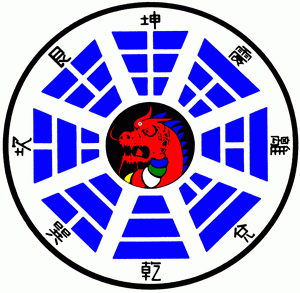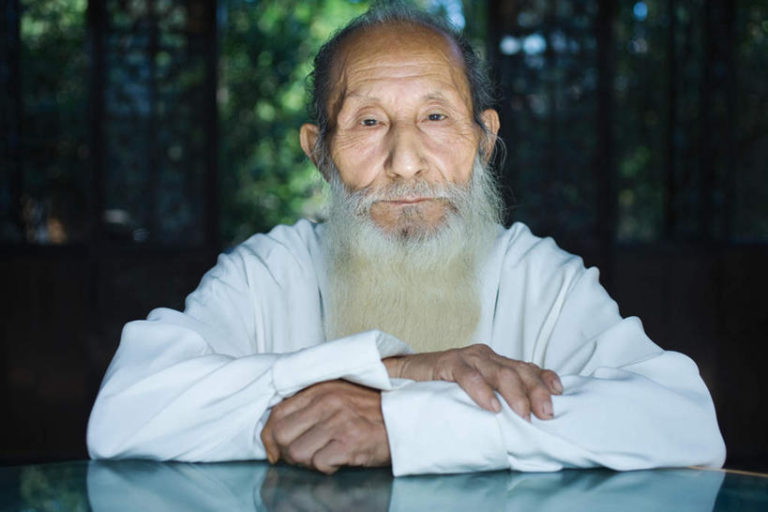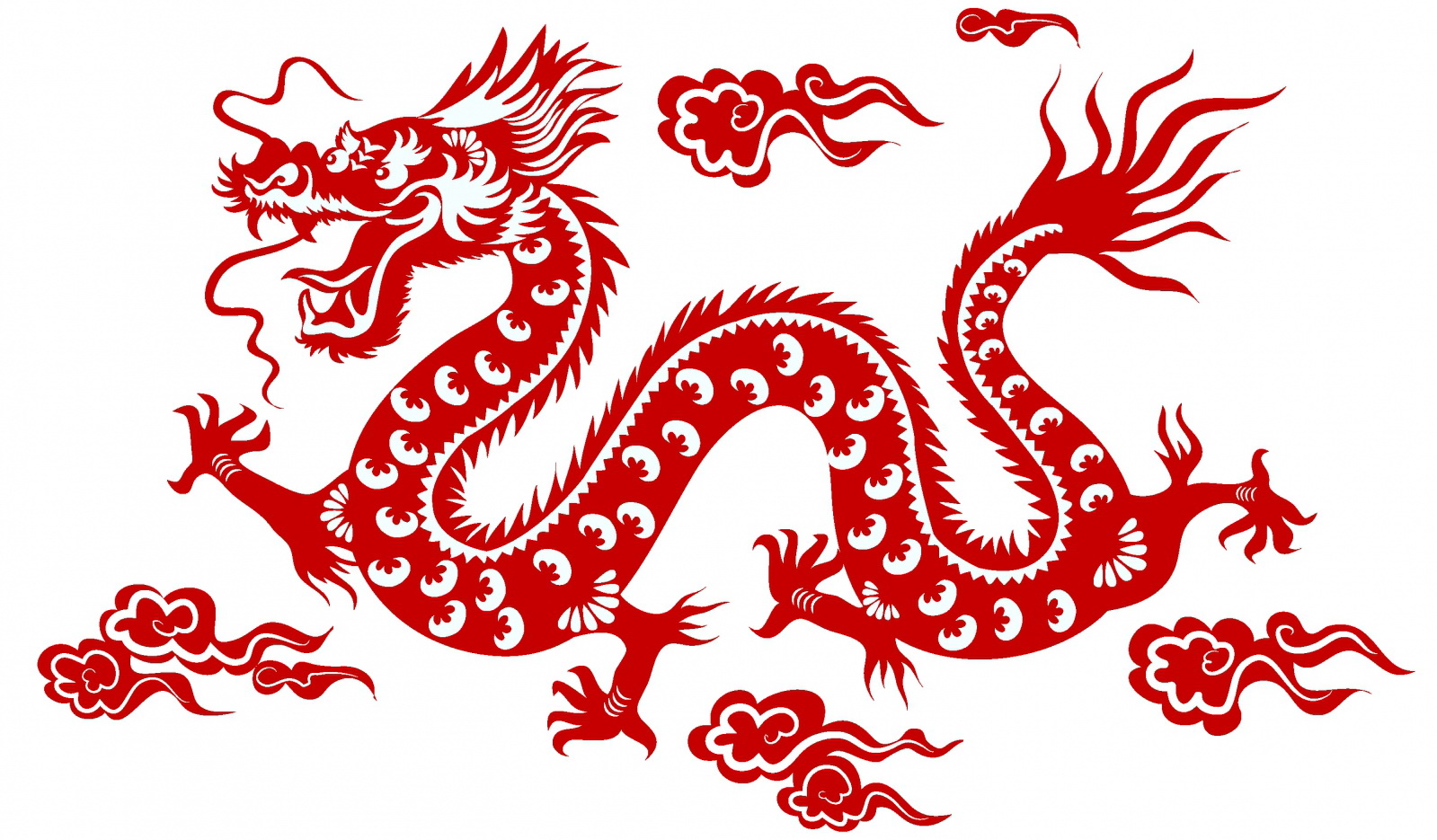Dong Sheng

Dōng Shèng (traditional Chinese: 東聖) is the main practice of Dōng Shèng Méi (traditional Chinese: 東聖玫), which means Sacred Rose of the East, a very ancient Chinese spiritual tradition, certainly pre-Taoist, dating back, according to the myth, to the third millennium before Christ, at the time of the legendary sovereign Fuxi (traditional Chinese: 伏羲), the first of the Three Augusts.
Etymology
The term Dōng Shèng is composed of Dōng 東, which means “east”, and Shèng 聖, which means “sacred”, hence Sacred East. East refers to the place where the sun, which is the father of life, rises. Therefore the place of origin of life itself. Whereas, the term sacred alludes to the nature of this principle, unaltered and unalterable, pure and perfect since the origin. The Sacred Sun is thus our Essence, our real nature, which is already the Enlightenment.
Meaning
Dōng Shèng is our sun, our Essence, primordial source, unaltered and unalterable, beyond space and time, which we have to rediscover. Thus, Dōng Shèng practice is the practice of the Essence, the way of self-liberation, in which one seeks to ‘experience’ a state beyond the mind.
The Practice
Dōng Shèng is founded on the awareness that our true nature is “pure” and “perfect” from the origin. By “pure” we want to refer here to a primordial purity, in the sense of original purity, not to a condition acquired by purifying impurity through a practice. Such awareness is “trained” daily through ordinary presence, an attitude towards ‘non-distraction’ based on the observation and recognition of one’s thoughts and emotions, with the aim of not clinging to them, progressively giving up the ‘thinker’. When the ‘clouds’ of the sensorial, emotional, and conceptual appearances dissolve, our true nature reveals itself spontaneously, through its clear light (Liàng 亮), like a blazing sun in a clear sky.
Requirements for practising
In Dōng Shèng there are no particular requirements for practising. There are no rules or obligations. To be a Dōng Shèng practitioner it is not necessary to believe in something or agree on something. Dōng Shèng is neither a doctrine nor a religion but an experience. The only essential prerequisite is freedom, not intended as freedom “from” something, but as freedom “for” something. In the millenary Dōng Shèng tradition this ‘something’ coincides with dwelling in one’s Essence.

Wú Xiān Shēng – Master Therapist of Dōng Shèng Méi

